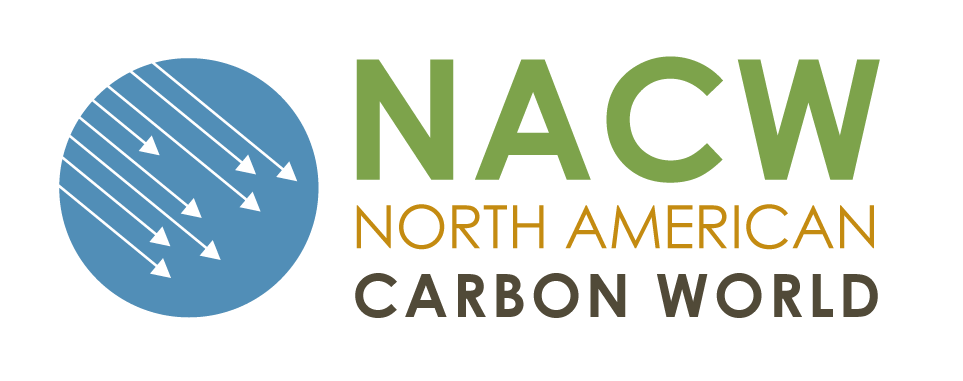The leading global registry is honored to continue supporting high quality in the VCM and ICVCM’s critical work
LOS ANGELES, CA – The Climate Action Reserve has been approved as a CCP-eligible program by the ICVCM Governing Board, meaning it has met the CCP (Core Carbon Principle) criteria for effective governance, transparency, tracking and robust, independent third-party validation and verification. The approval marks a milestone development for the voluntary carbon market (VCM) and is a crucial step for the market to collectively move towards consistent standards for high quality.
“We applaud the Integrity Council and all experts who have been involved with getting our community to this important point. The CCPs and the broad support in their development and use will establish levels of trust, high quality, transparency and confidence that are needed to maximize the full potential of the VCM in addressing climate change,” said Linda Adams, Chair of the Climate Action Reserve Board of Directors.
The CCP eligibility also means the Integrity Council recognizes the Reserve program as meeting rules on robust quantification of emission reduction and removals, no double counting and sustainable benefits and safeguards.
As a CCP-eligible registry, the Reserve will be able to use the CCP label on credits issued under CCP-approved methodologies. The Integrity Council currently is assessing over 100 methodologies, including Reserve protocols, and has advised announcements on the first approved methodologies are expected in April and May.
“The Climate Action Reserve continues to be fully supportive of collaborative actions from our global community to ensure integrity and high quality in the VCM and encourage growth of the market and voluntary climate action. All of these are imperative and reflective of the Reserve’s work since our founding,” said Craig Ebert, President of the Climate Action Reserve. “While working through the Integrity Council’s comprehensive process for determining eligibility under the Core Carbon Principles (CCPs), we have been appreciative of the focus on effective governance, transparency, tracking and robust third-party verification. We are honored to be recognized as meeting those standards by being approved as CCP-eligible, and we remain committed to working with members of the VCM community to continue down this important path of growing a high integrity, high quality market. It is absolutely necessary to unleash the potential of the VCM if the global community is serious about addressing the climate crisis.”
The Reserve’s final Decision from the Integrity Council Governing Board can be found here.
The Climate Action Reserve is the most trusted, efficient, and experienced offset registry for global carbon markets. A pioneer in carbon accounting, the Reserve promotes and fosters the reduction of greenhouse gas (GHG) emissions through credible market-based policies and solutions. As a high-quality offset registry for voluntary carbon markets, it establishes rigorous standards involving multi-sector stakeholder workgroup development and local engagement and issues carbon credits in a transparent and publicly available system. The organization also supports compliance carbon markets in California, Washington and internationally. The Reserve is an environmental nonprofit organization headquartered in Los Angeles, California with staff members located around the world. For more information, please visit www.climateactionreserve.org.
The Climate Action Reserve is an equal opportunity provider.
###





